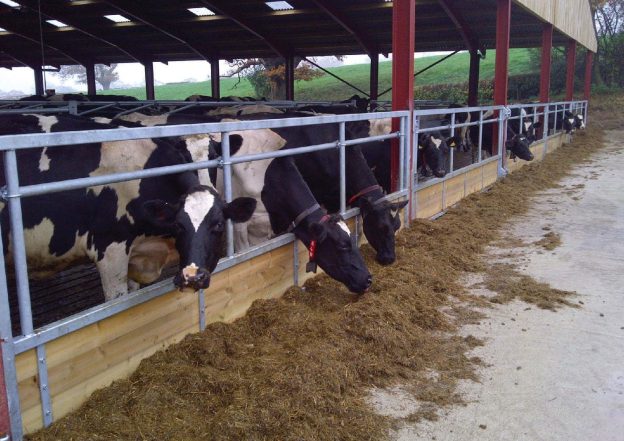Many pet owners have trouble with picky eaters. It can lead to big problems, including having to buy specific kinds of food that you know they will eat. In some cases, the issue is because of palatability. If animal feed is not palatable, they may reject it. When you are dealing with farm animals, it is even more important to make sure they eat enough. If you don’t there can be a big impact on productivity, quality, and health and wellbeing.
What determines palatability?
Just like humans, animals typically want their food to be palatable. This means you need to look at all the important details, including taste, smell, texture, and appearance. It is also vital to look at the temperature. An issue with any of these elements, or several of them, may mean an animal will reject food.
Interestingly, palatability also goes beyond the initial sensory experience. Again, there are similarities with humans. If you eat something and get sick, have an allergic reaction, or generally have a bad reaction, you likely won’t eat it again. Animals also recognise post-digestion consequences. So, they have a big impact on whether they will eat feed again in the future.
Finally, several other factors can have an impact on how palatable animal feed is. Crucially, the environment matters. If it is too hot, dirty, or cramped, animals may reject food. It can also happen because of physiological reasons, including illness or pregnancy.
Weaning
You need to manage feed palatability carefully if you want to ensure animals are happy and healthy. It is also crucial to do it to help transition from milk to solid feed. The great thing is it’s easier to ensure animals accept solid food during weaning. Just make sure they have a good experience with the feeds and have minimal chance of suffering post-digestion consequences.
If you are successful here you can stimulate the move to solid feed. Ultimately, it can result in better rumen development and growth rates.
It is also important to keep in mind that it is easier to make dietary changes when animals are younger. They will typically adapt slower when they are older. It can result in rejection, unless the new animal feed is highly palatable.
Performance and costs
Ensuring the palatability of feed is essential if you want to maximise zootechnical performance. This includes key things like body composition, immunity, behaviour, and stress level. At the end of the day, the goal should be to make sure animals eat without issue and get all the energy and nutrients they need. It will boost animal welfare.
Getting it right with palatability is also really good news for costs. It will reduce refusal rates and waste, ultimately generating savings. That is fantastic for cost optimisation and maximising profits.
Talk to us about animal feed
JS Hubbuck Ltd has been supplying high quality feeds for a long time. We stock products from some of the best manufacturers in the world. As a result, clients can order from us confidently. Even more important, we can provide a great level of customer service and share our product knowledge.
So, if you want to order fantastic animal feed, feel free to contact us. We’re always happy to help, doing our part to support farmers and food production in the UK.

